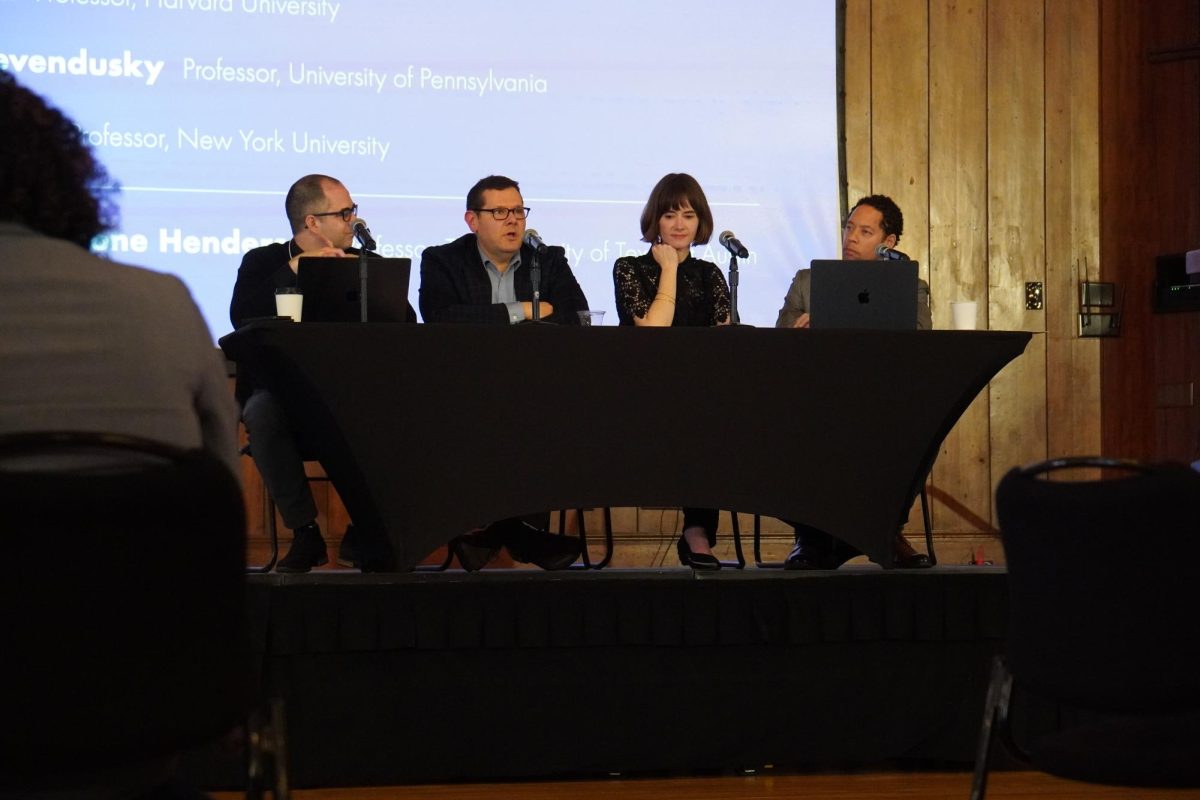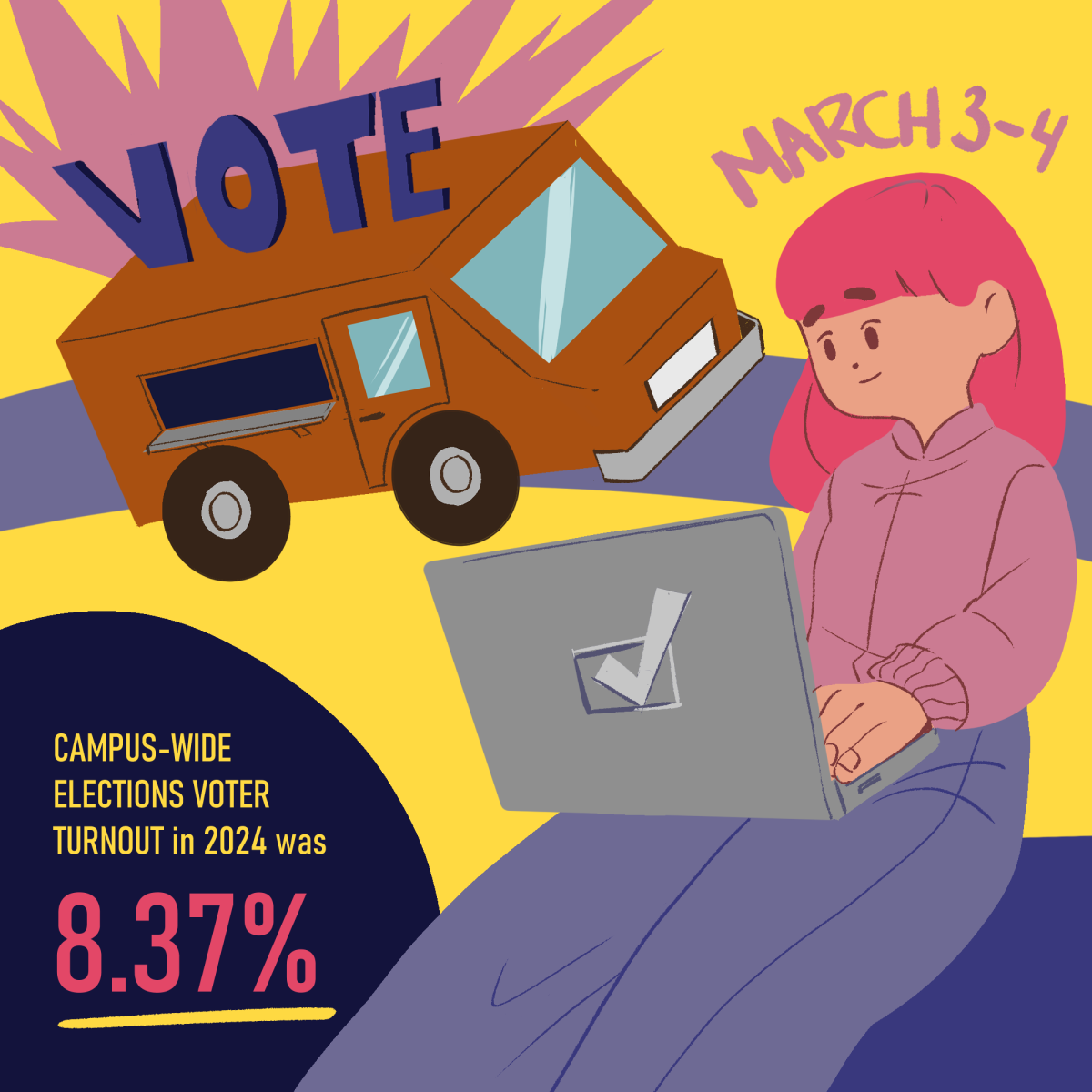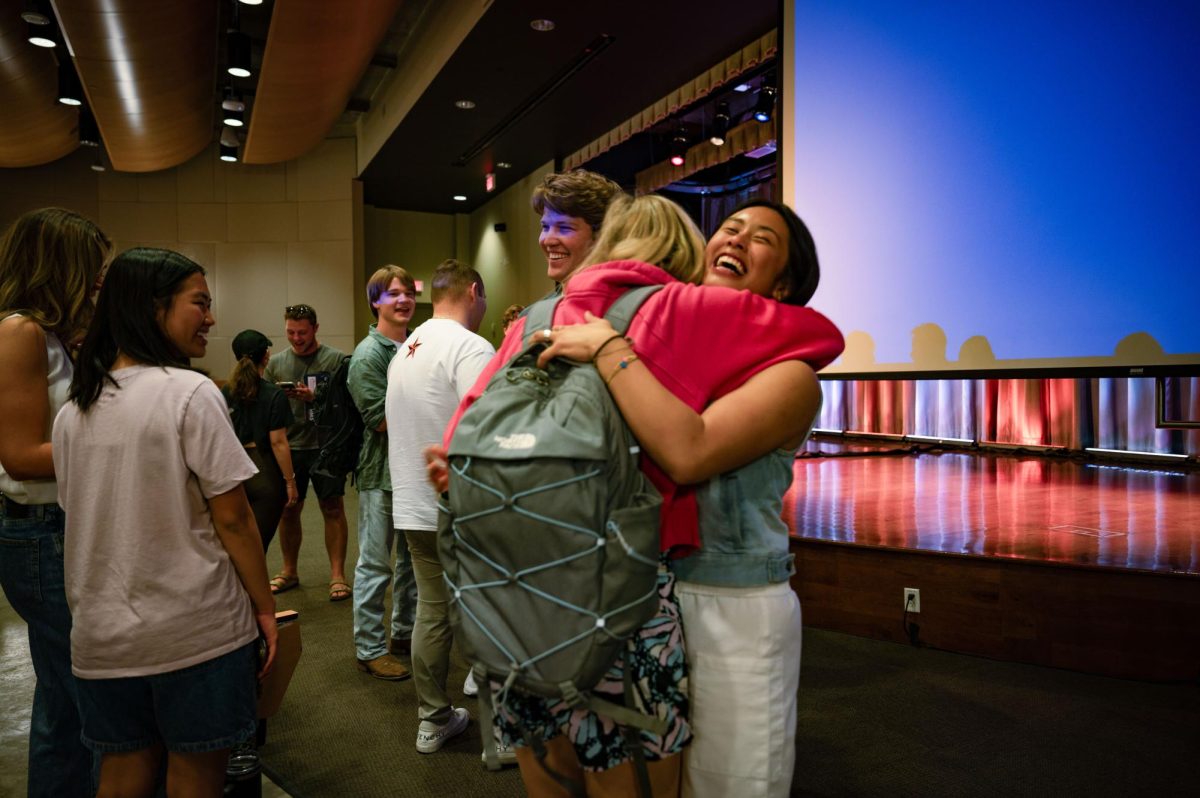A new study by a UT psychology professor and graduate student concluded stress among teenagers can be alleviated by teaching them that social and personality traits can change.
David Yeager, UT assistant psychology professor and lead author of the study published in Psychological Science, suggests teaching high school students that socially relevant traits are not fixed and capable of changing can make them feel better prepared to face the social challenges of being a teenager.
"Adolescents are very focused on peer social hierarchy and status and when they transition into high school, they are put into a situation where they have to figure out where they stand," Yeager said. "Often, teenagers think ‘If it's hard now, it's going to be hard forever.’ That's stressful for them."
Business freshman David Xia said the most stressful thing for him during high school was balancing school and his social life.
“Whenever I spent too much time with my friends, my grades would slip,” Xia said. “Whenever I only focused on [school] work, I found that my friends would change. Finding a balance took a while and it was definitely not easy.”
In the study, which also included work by graduate psychology student Hae Yeon Lee, researchers conducted two double-blind studies in which they monitored teens’ physiological responses to stress.
The first study involved monitoring the cardiovascular responses of 60 teenagers, ages 14 to 17, who prepared and delivered a short speech and completed mental math problems after they had been talked to about the possibility of personality changes. Participants reported feeling less threatened by the task and experienced higher cardiac efficiency.
The second study tracked 205 ninth-graders for an entire school year — half of whom were taught about personality changes. Teens who were taught about this notion had higher grades and were able to better cope with stress.
Researchers have cautioned that a problem in the study may be the potential ineffectiveness of parents or teachers telling the teens how people change, Lee said. She hopes to find solutions to this problem when she and Yeager conduct more studies during upcoming high school orientations.
“It will be important in future research to examine how parents and teachers tend to socialize children and adolescents,”Lee said. “We are very excited about what we will discover in our new study.”





















